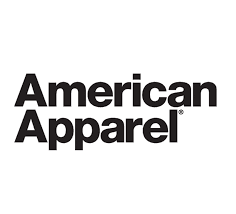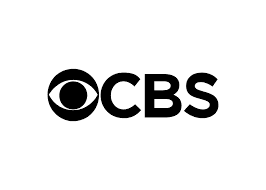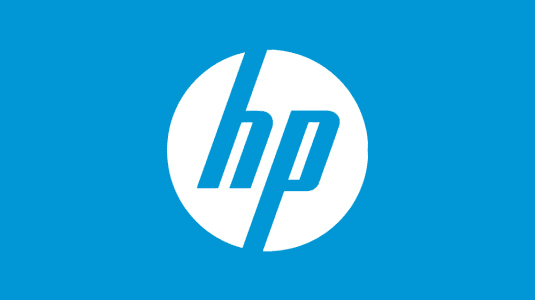In 2017, Uber's CEO Travis Kalanick resigned amid multiple scandals, including allegations of systemic workplace harassment and discrimination. These controversies underscored Uber's lack of preventive measures and inadequate responses to complaints, which created a toxic culture and ultimately triggered legal and public backlash.
An affirmative defense to Title VII complaints could have helped Uber mitigate these risks. This defense strategy requires companies to implement and enforce anti-harassment policies actively. By fostering a structured complaint and investigation process, companies not only reduce liability but also promote a healthier work environment. Had Uber implemented these measures, it might have effectively handled complaints, addressed toxic behavior early, and avoided the reputational and financial damage it faced.
Affirmative defenses under Title VII work by demonstrating that the employer exercised reasonable care to prevent and correct harassment and that the complainant failed to use the available corrective measures. Uber’s failure to establish a responsive, transparent grievance procedure highlighted the need for affirmative defenses as both risk mitigation and cultural safeguards. By regularly training employees and conducting assessments, organizations can establish an environment that not only complies with Title VII but also proactively deters issues, minimizing the chance of an Uber-like fallout.
For assistance in reviewing your current processes or to explore how empathiHR can assist your company in mitigating its risks to claims of harassment & discrimination, contact 866-240-6618 or hello@empathihr.com
In 2017, Uber's CEO Travis Kalanick resigned amid multiple scandals, including allegations of systemic workplace harassment and discrimination. These controversies underscored Uber's lack of preventive measures and inadequate responses to complaints, which created a toxic culture and ultimately triggered legal and public backlash.
An affirmative defense to Title VII complaints could have helped Uber mitigate these risks. This defense strategy requires companies to implement and enforce anti-harassment policies actively. By fostering a structured complaint and investigation process, companies not only reduce liability but also promote a healthier work environment. Had Uber implemented these measures, it might have effectively handled complaints, addressed toxic behavior early, and avoided the reputational and financial damage it faced.
Affirmative defenses under Title VII work by demonstrating that the employer exercised reasonable care to prevent and correct harassment and that the complainant failed to use the available corrective measures. Uber’s failure to establish a responsive, transparent grievance procedure highlighted the need for affirmative defenses as both risk mitigation and cultural safeguards. By regularly training employees and conducting assessments, organizations can establish an environment that not only complies with Title VII but also proactively deters issues, minimizing the chance of an Uber-like fallout.
For assistance in reviewing your current processes or to explore how empathiHR can assist your company in mitigating its risks to claims of harassment & discrimination, contact 866-240-6618 or hello@empathihr.com
In 2017, Uber's CEO Travis Kalanick resigned amid multiple scandals, including allegations of systemic workplace harassment and discrimination. These controversies underscored Uber's lack of preventive measures and inadequate responses to complaints, which created a toxic culture and ultimately triggered legal and public backlash.
An affirmative defense to Title VII complaints could have helped Uber mitigate these risks. This defense strategy requires companies to implement and enforce anti-harassment policies actively. By fostering a structured complaint and investigation process, companies not only reduce liability but also promote a healthier work environment. Had Uber implemented these measures, it might have effectively handled complaints, addressed toxic behavior early, and avoided the reputational and financial damage it faced.
Affirmative defenses under Title VII work by demonstrating that the employer exercised reasonable care to prevent and correct harassment and that the complainant failed to use the available corrective measures. Uber’s failure to establish a responsive, transparent grievance procedure highlighted the need for affirmative defenses as both risk mitigation and cultural safeguards. By regularly training employees and conducting assessments, organizations can establish an environment that not only complies with Title VII but also proactively deters issues, minimizing the chance of an Uber-like fallout.
For assistance in reviewing your current processes or to explore how empathiHR can assist your company in mitigating its risks to claims of harassment & discrimination, contact 866-240-6618 or hello@empathihr.com
More in
Business Headlines
entrepreneurshipentrepreneurship
Business Headlines
American Apparel
Mar 22, 2024

Business Headlines
American Apparel
Mar 22, 2024

Business Headlines
American Apparel
Mar 22, 2024

Business Headlines
CBS
Mar 9, 2024

Business Headlines
CBS
Mar 9, 2024

Business Headlines
CBS
Mar 9, 2024

Business Headlines
HP
Feb 26, 2024

Business Headlines
HP
Feb 26, 2024

Business Headlines
HP
Feb 26, 2024

Business Headlines
Papa Johns
Feb 4, 2024

Business Headlines
Papa Johns
Feb 4, 2024

Business Headlines
Papa Johns
Feb 4, 2024

A monthly post delivered straight to your inbox
Zero spam, just the good stuff




